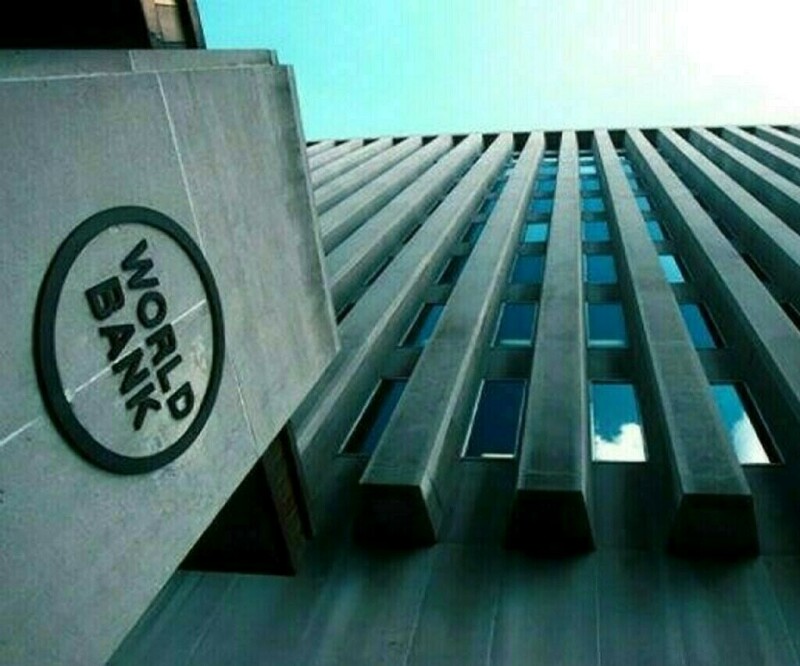Pakistan is among the five countries most vulnerable to natural disasters such as earthquakes, landslides, floods, and water scarcity, according to a new assessment by the World Bank. These hazards have severely damaged infrastructure and undermined public welfare, the report notes, placing the country high on the global risk index for extreme weather events driven by climate change.
The findings, published in the World Bank’s report “Evidence-Based Targeting of Infrastructure Investments: A Model for Accessibility to Services in Pakistan’s Rural Communities,” highlight the urgent need for climate-resilient infrastructure and smarter investment planning to safeguard rural populations. The Bank emphasized that rural communities, which make up 62 percent of Pakistan’s population, face the greatest disadvantages due to difficult terrain, poor road networks, and limited access to services.
The report pointed out that maintenance budgets for roads are largely based on visual inspections—an approach that is often subjective and vulnerable to political influence. Meanwhile, most road agencies lack adequate revenue streams from tolls or rights-of-way (RoW), forcing them to rely heavily on shrinking public-sector development budgets. On average, provinces allocate only 20 to 30 percent of the funds required for road maintenance.
The World Bank warned that floods, in particular, could strain Pakistan’s economy and disrupt food supplies. The devastation caused by the 2022 floods—when one-third of the country was submerged, 33 million people were directly affected, 8 million displaced, and 13,000 kilometers of roads destroyed—demonstrated the dire need for a multi-sectoral investment approach.
Pakistan’s transport sector is dominated by road networks, which account for 95 percent of both passenger and freight movement. However, inefficiencies in the trucking sector and modal imbalance have led to severe overburdening of roads, especially at the provincial level. Despite expansion of the road network, overall quality remains low due to inadequate funds and outdated engineering standards that fail to incorporate climate resilience.
The report stressed that accessibility to services and economic opportunities is shaped by geography, infrastructure quality, and the distribution of population and services. Urban-focused transport systems have widened disparities in service accessibility, with rural populations facing the greatest exclusion.
Read More: Sindh on High Alert as Super Flood Threat Looms
Bridging these gaps, the Bank noted, requires evidence-based investments in road infrastructure to improve connectivity, protect vulnerable communities, and expand access to essential services such as healthcare, schools, and markets. Such investments would not only strengthen climate resilience but also help reduce poverty, build human capital, and enhance long-term development outcomes









